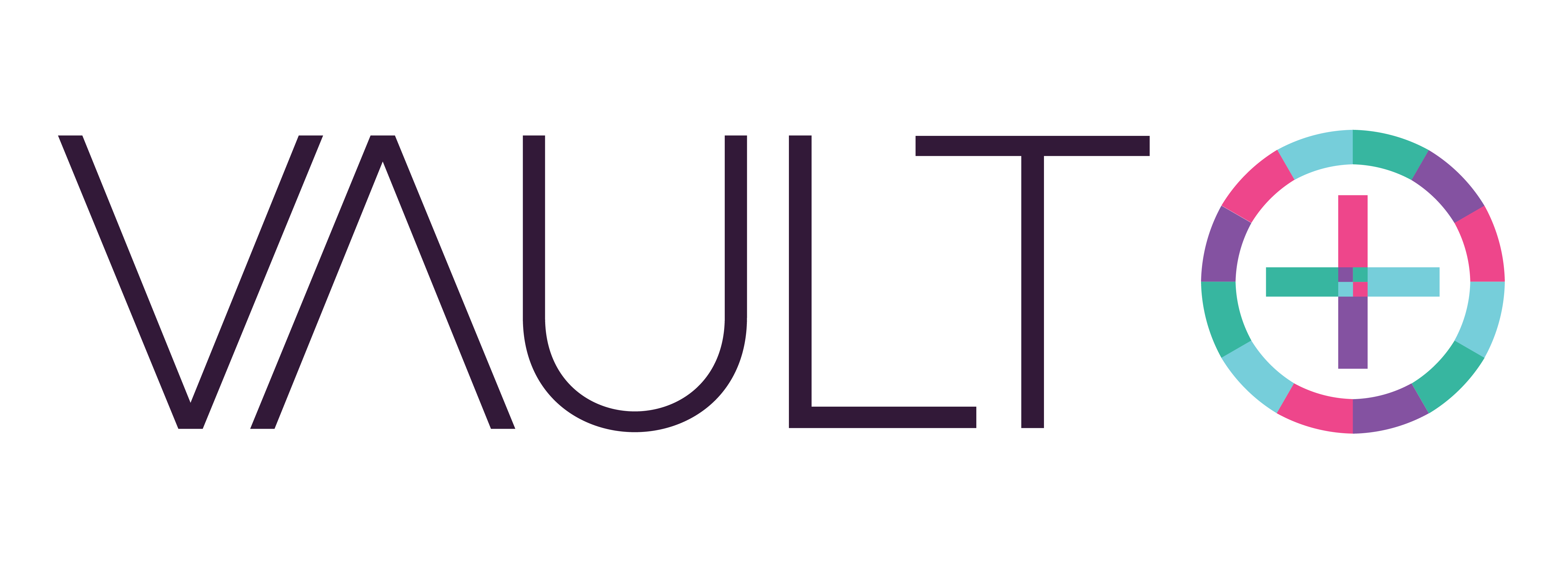Generative Engine Optimisation & SEO: The Future of Search Is Here – But Are You Ready?
The world of search is evolving at breakneck speed. Just as businesses have finally started to master traditional SEO, a new frontier has emerged: Generative Engine Optimisation (GEO). With the rise of AI-powered search engines like Google’s Search Generative Experience (SGE), Bing Copilot, and ChatGPT’s web browsing capabilities, the way people discover information online is changing, dramatically and it is happening now! It is estimated that AI-powered search will have grabbed over 10% of the search volume by the end of the year.
So let’s break it down.
What Is Generative Engine Optimisation (GEO)?
Where traditional SEO focuses on ranking your website on Google Searches Page 1, GEO is about making sure your business is visible and referenced in AI-generated answers, summaries, and conversational search results.
These platforms don’t just show links—they synthesise information from across the web and present it as direct, conversational answers.
How GEO & SEO Work Together
AI search engines pull from high-quality, authoritative sources. If your website is already optimised for traditional SEO for example your site offers in-depth, well-structured, and trustworthy content, well you’re in a strong position. GEO takes this further by ensuring your content is structured and written in a way that’s easy for AI to summarise, quote, and reference.
AI engines rely heavily on structured data (like schema markup – ask us if you don’t know what this means) to understand your site’s content, location, and services. If your SEO already includes schema for products, services, reviews, and locations, you’re halfway there. GEO means going the extra mile: using clear, unambiguous language and marking up your content so AI can extract facts, figures, and credentials.
GEO isn’t just about your site. AI engines scan reviews, news stories, directories, and third-party sites to build a picture of your business. The more your brand is mentioned positively across the web, the more likely you are to be featured in generative answers.
AI engines excel at answering nuanced, conversational questions—like “What’s the best marketing agency for SMEs in the West Midlands?” or “How can I improve my local SEO as a tradesperson?” If your content addresses these queries directly, you’re more likely to be cited in AI-generated responses.
Tip: Research the questions your customers ask (in meetings, emails, or online), and create content that answers them in detail, using natural language.
Why Embracing AI Search Is Critical for Businesses over the next 24 months!
Younger audiences and tech-savvy users are already turning to AI chatbots and generative search tools for answers, not just Google’s traditional results. As these tools become integrated into browsers, devices, and daily workflows, businesses that aren’t visible in AI-generated answers will lose out on valuable leads.
GEO is still new. Most businesses, and even many agencies, haven’t adapted yet. By optimising now, you put your business ahead of the curve, making it more likely you’ll be featured as a trusted source when AI engines serve up answers.
AI search engines increasingly provide answers directly, meaning fewer people click through to websites. If your business isn’t referenced in these answers, you risk becoming invisible, even if your SEO is strong.
Being cited by AI as a source of truth boosts your credibility. Prospects are more likely to trust businesses recommended by their digital assistant or search chatbot.
AI search engines excel at matching users with local or niche providers. If you serve a specific area or industry, GEO can help you stand out in highly targeted, high-intent queries.
Practical Steps to Combine GEO & SEO
The Bottom Line







Ready to start to future-proof your marketing?
Get in touch for a free consultation, and let’s put your business at the forefront of the search revolution. We don’t do the hard sell – we just provide simple, honest, advice which will benefit your business. Contact us today to get started.


